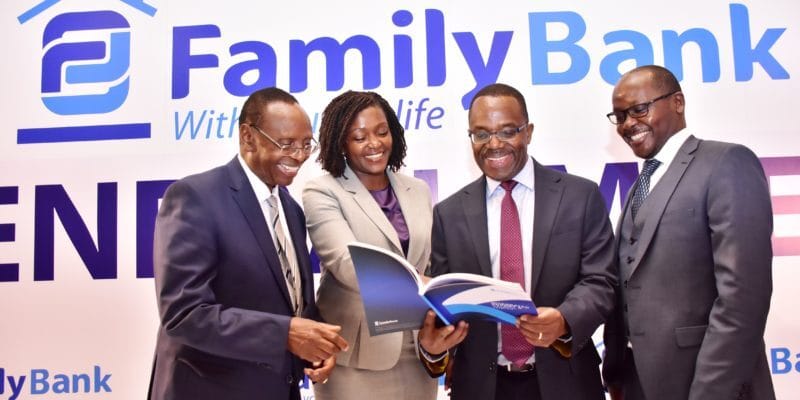- The Banking Brief
- Posts
- Chipper Cash Partners in Zambia, Kenya's Family Bank Posts Profits
Chipper Cash Partners in Zambia, Kenya's Family Bank Posts Profits
7 min read

Golden Nuggets
Western Union partners with Zoona and Chipper Cash to launch international money transfers in Zambia, making cross-border remittances faster and more accessible.
Kenya’s Family Bank posts a 39% jump in profits, driven by strong lending and digital adoption.
European digital bank N26’s founders exit amid a BaFin compliance crisis, highlighting regulatory challenges for neobanks.
Main Stories

1.South African Banks Accused of Manipulating Exchange Rates
Here’s a refresher: Between 2007 and 2013, some major South African and international banks were accused of secretly working together to fix the rand’s price against the US dollar. This “currency manipulation” means they may have controlled exchange rates unfairly, affecting businesses and consumers.
How? The banks allegedly had a general agreement to fix prices, including bids, offers, and bid-offer spreads for the USD/ZAR currency pair. They’ve also been accused of market allocation (deciding which trader takes which bid and when), information sharing about bids (through chatrooms and phonecalls) and manipulating prices (by refraining from trading or creating fake bids and offers at specific times). Despite what we’ve seen on HBO’s Billions or Industry, this is in fact illegal.
Zoom in: The tribunal case involves 28 banks, including top South African and global banks. So far, most have not been found guilty and the case is ongoing. BASA says banks follow strict rules and play a vital role by lending money, creating jobs, and paying taxes. SA Banks employ 180 000+ people - in essence, they are too big too fail.
Expert Take: Losing trust in banks could damage South Africa’s economy and job market. But experts say the rand’s value is more influenced by bigger issues like slow growth and government debt. This case shows the need to balance fairness with supporting banks that keep the economy running.

2. Western Union Expands in Zambia with Zoona and Chipper Cash
Why it matters: Zambia’s growing digital economy gains new international remittance corridors thanks to this partnership, reducing transfer costs and boosting financial inclusion. It helps diaspora communities send money home seamlessly via trusted fintech platforms.
Who’s Involved? Western Union’s global reach combines with Zoona’s strong Zambian presence and Chipper Cash’s fast mobile payments platform. International money transfers will now be quicker, safer, and cheaper for Zambians living abroad and their families. This also supports Zambia’s transition to more cashless payments. It’s a great year for Chipper Cash who recently partnered with Ripple (a blockchain solution) to send faster 24/7 payments.
Be smart: With increasing demand for cross-border digital payments, local partnerships like these create better services that could challenge traditional banking in Africa. It also signals that Zambian Fintech is one to watch.

3. Family Bank Profits Soar 39% on Digital Boost
Go Family Bank: Kenya’s Family Bank, one of Kenya’s mid-tier banks, demonstrates how local banks thrive by embracing digital channels for loan distribution and payments while serving SMEs and retail customers.
Where did the growth come from? The bank’s profit jump reflects rising loan books, especially for small businesses, increased fee income, and efficiencies gained through digitisation. These days it seems like digitisation and Kenya can be found together in the dictionary. Kenya’s push toward digital finance adoption also offers a growth edge to banks investing in fintech innovation.
Be smart: Increasingly, banks investing in digital tools and SME lending stand to prosper in Africa’s growing economies - Especially as the informal economy becomes formalised.
+ This:
Africa’s oldest central bank, the South African Reserve Bank (SARB), arose from crucial financial disruptions caused by World War I. Following financial strains and gold price imbalances after the war, South Africa established SARB in 1921 to stabilise the currency, manage gold reserves, and restore order in the financial system.
That’s it for today. See you tomorrow!